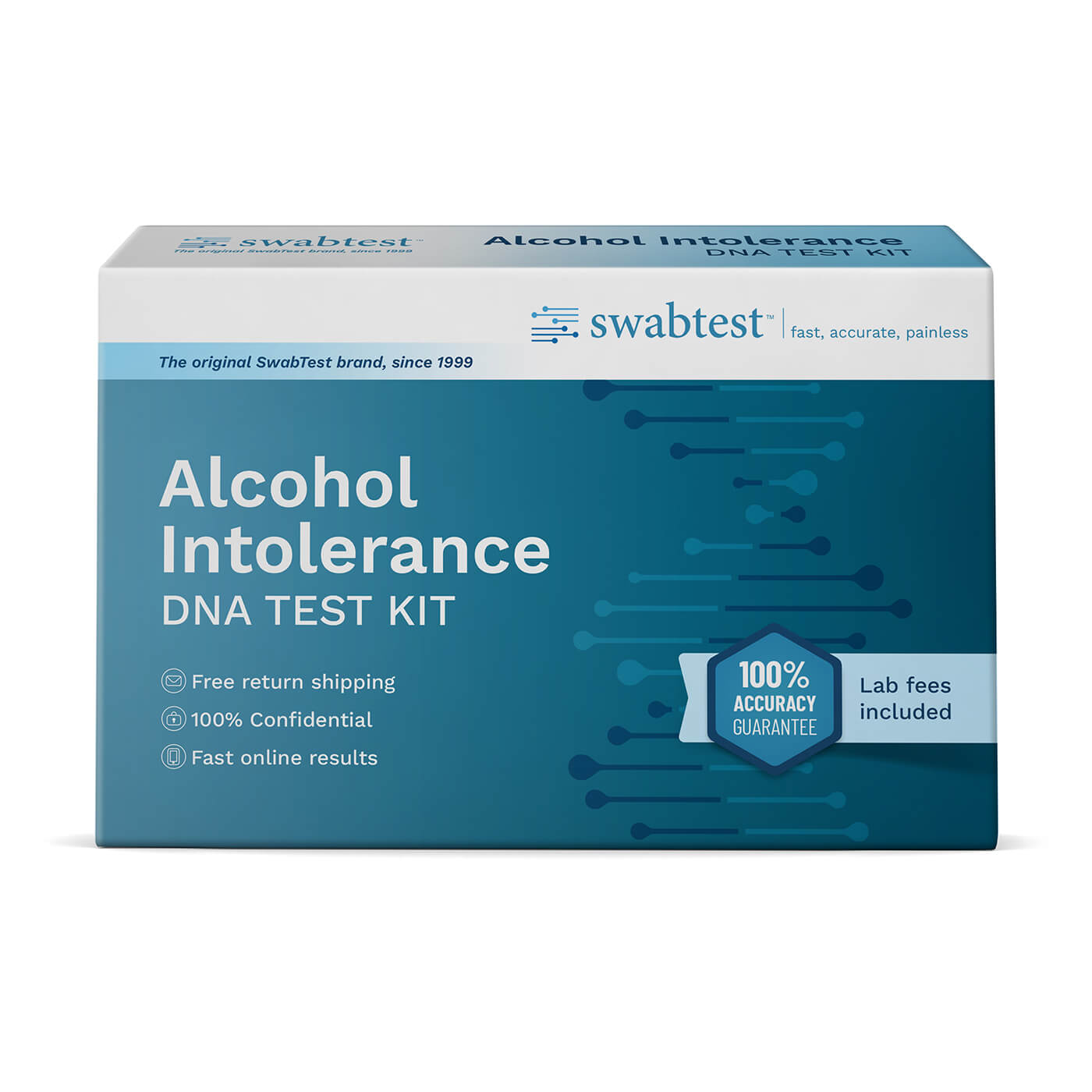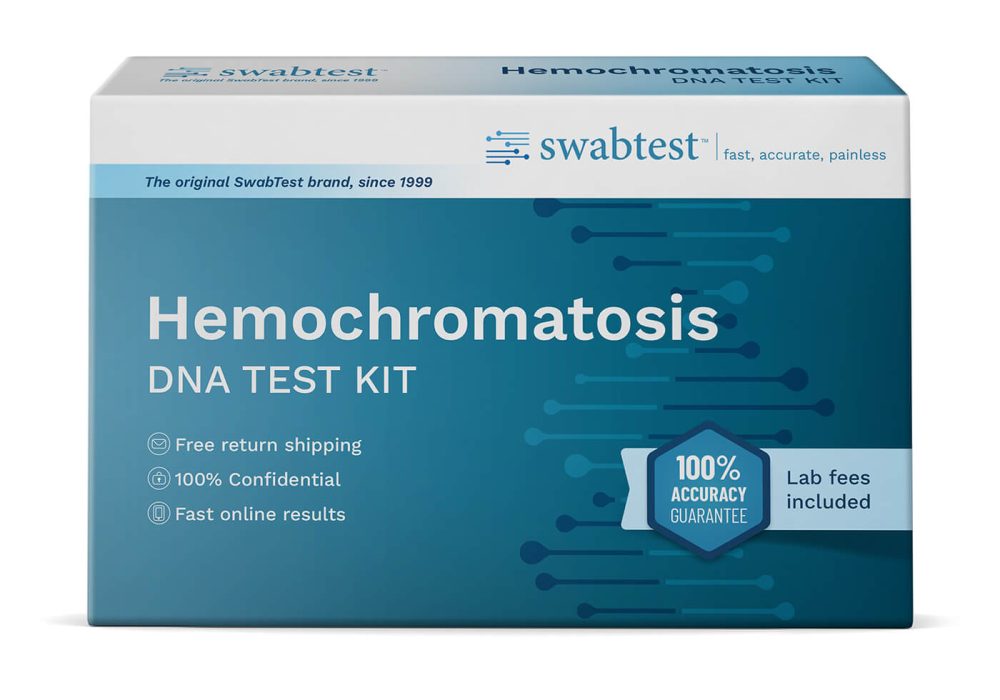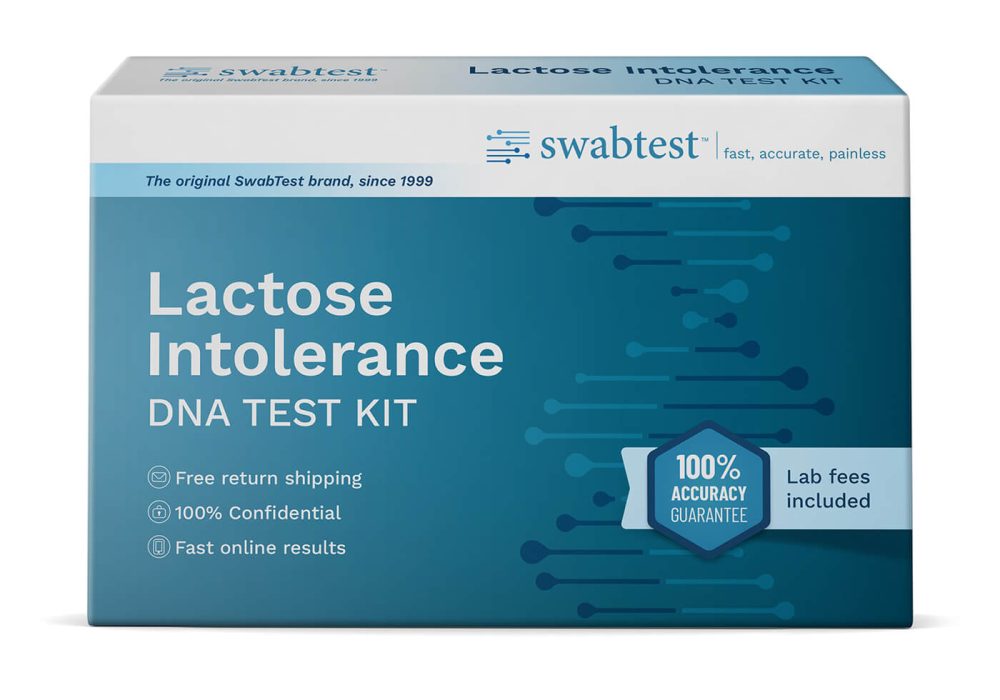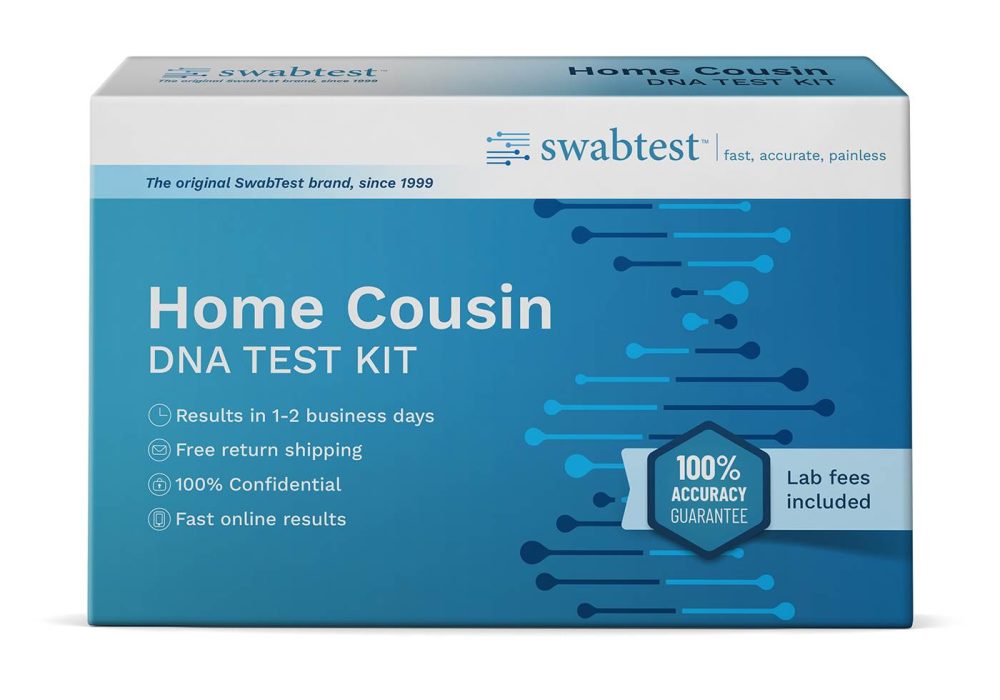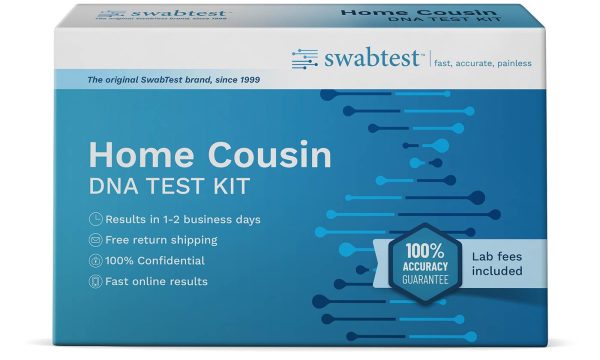Description
Most of the alcohol that enters our bodies is cleared by two enzymes, alcohol dehydrogenase (ADH) and aldehyde dehydrogenase (ALDH). In this two-step process, ADH first converts ethanol to acetaldehyde. Acetaldehyde is a toxic chemical. However, its usually short-lived due to the action of ALDH, which converts acetaldehyde into acetate. Acetate is easily broken down to carbon dioxide and water.
Individuals who are alcohol intolerant carry genetic variants in the alcohol metabolism pathway, so they either generate acetaldehyde too quickly or are unable to convert acetaldehyde to acetate in a timely fashion. As a result, acetaldehyde levels can build up to dangerous levels even when only a small amount of alcohol is consumed.
Why consider this test?
Those who are alcohol intolerant, with each drink you consume you are increasing the risk of serious health complications.
- Increased risk of esophageal cancer – 10X increased risk for a moderate drinker; risk can be as high as 90X for heavy drinkers
- Cardiovascular problems
- Memory loss
- Mental confusion
- Psychological issues
What is included in this test?
Individuals who are alcohol intolerant carry genetic variant that influence acetaldehyde levels. Increased acetaldehyde levels can damage the body even when only a small amount of alcohol is consumed.
This test detects variants in the following genes:
ADH1B and ADH1C
The ADH1B and ADH1C genes encode the enzyme responsible converting ethanol to acetaldehyde. People who carry variants with increased ADH activity have higher levels of acetaldehyde because they convert ethanol to acetaldehyde quicker. with the other side effects.
ALDH2
The ALDH2 gene encodes a member of the aldehyde dehydrogenase (ALDH) family – the enzyme responsible for the conversion of acetaldehyde to acetate. A common variation in this gene decreases the ALDH activity, slowing the removal of the toxic acetaldehyde.
Symptoms of alcohol intolerance
If you are genetically susceptible to alcohol intolerance you experience following symptoms immediately after consuming alcohol
- Facial flushing
- Nausea
- Dizziness
- Headaches
- Increased heart rate
- Insomnia
- Severe hangovers
- Fatigue and weakness
- Digestive issues
- Asthma and wheezing
Related Products
$271.00 Original price was: $271.00.$149.00Current price is: $149.00.
Related products
-
Diet & Fitness
Nutrition, Weight Loss and Fitness DNA Test Combo
$498.00Explore how your genes affect your nutrition and fitness.
-
Health & Wellness
DNA Alzheimer’s Disease Risk Test
$195.00Detects the APOE variant linked to late-onset Alzheimer’s
-
Shop All
DNA Cousin Test
Determine the likelihood that two individuals are related as first cousins.
$271.00Original price was: $271.00.$149.00Current price is: $149.00. This product has multiple variants. The options may be chosen on the product page -
Shop All
DNA Grandparent Test
Determine the likelihood that you’re the true biological grandparent.
$271.00Original price was: $271.00.$149.00Current price is: $149.00. This product has multiple variants. The options may be chosen on the product page

